Aug 15, 2025
Author:Sam Wonder
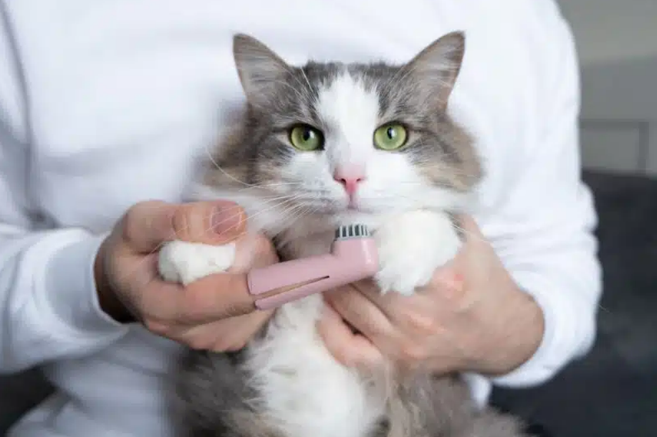
When it comes to your cat’s health, dental care often gets overlooked. Many pet parents wonder, cat teeth cleaning do or dont? Cleaning a cat's teeth may seem daunting, as most cats will not sit still to have their teeth brushed. However, neglecting dental health may cause severe issues such as bad breath, pain, and even disease. In this guide, we are going to answer the question of whether it is worth cleaning your cat's teeth and how to make the process easier.
Cats are independent animals, but they need us to ensure that they are healthy. They, too, are prone to gum disease, plaque, and painful infections, as are people. Oral health leads to problems in the kidneys, liver, and heart.
The question of cat teeth cleaning do or do not is not a hard question to answer: it is never good to neglect dental care.
Hydration is also important in overall wellness. One of the best methods of getting your cat to drink more water is through a pet water fountain. Drinking water helps not only their kidneys but also their oral health.
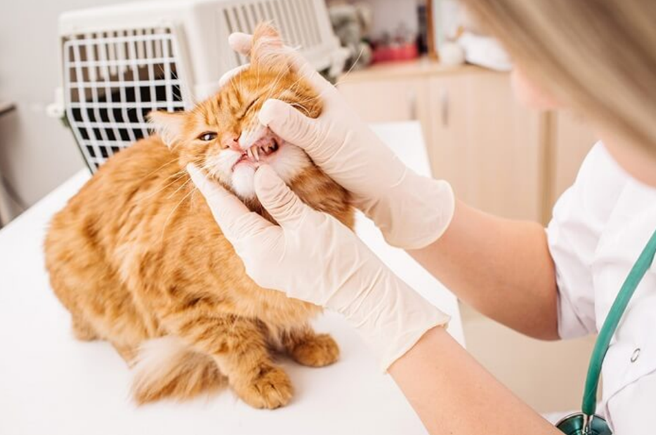
There are symptoms that you should not ignore, even when you are not brushing every day:
● Chronic halitosis
● Drooling or pawing of the mouth
● Gums that are red, swollen, or bleeding
● Tartar accumulation that can be seen Visible tartar accumulation
When you see any of these signs, it is time to visit your veterinarian. Untreated dental disease in cats may cause years of silent suffering. Regular feeding and hydration will help in the overall health of cats.
When you think you are ready to get started, don’t be afraid; it is not as frightening as it may sound. Start with a relaxed time, such as after your cat has eaten or slept. Then:
● Allow them to sniff and lick the toothpaste- feline flavors such as chicken or fish may be used.
● Touch their teeth and gums with your finger gently so that they can get accustomed to the feeling.
● Begin with a finger brush and then move on to a cat-sized toothbrush when they are comfortable.
● Sessions should be short and positive at all times. Conclude by giving a treat or affection so that they can relate brushing and something positive.
If brushing remains impossible, consider alternatives. Even a simple step as adding dental treats or selecting food that promotes oral health, can make a difference.
To help in hydration and minimize bacterial growth, ensure that you are also avoiding mold in pet water fountains. Fresh water helps a healthier mouth.
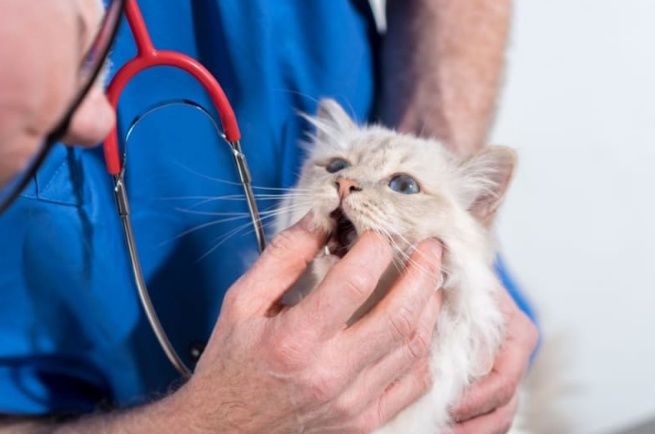
Regular brushing of your cat's teeth is not just a good habit, but it is also a first line of defense against dental issues. The tartar and plaque may creep in and cause painful infections and inflammation of the gums. When untreated, these problems develop into advanced periodontal disease with time.
When your cat is on a high-quality diet, it will not develop tartar or plaque. Thus, when you are brushing your teeth, you must brush the teeth of your cat so that they are clean and comfortable.
Establishing such routines is among the easiest methods of safeguarding your cat against future health challenges, as changing their daily routines can prevent the most common health issues.
That fishy odor emanating from your cat's mouth? It may not be only their dinner. It is caused by bacteria that accumulate on the gums and tongue. Brushing regularly also keeps their breath fresh by killing germs that cause bad smell.
In that case, you are already addressing this problem; you can mix brushing with other easy techniques to clean their breath and naturally enhance oral health.
Mouth care does not only mean dental care. Gum infections may spread via the blood and cause destruction of vital organs such as the kidneys, heart, and liver. Therefore, by brushing the teeth of your cat, you also take care of the whole body and keep them active and stimulated indoors.
If chewing is painful, most cats will refuse to eat or become extremely fussy. And that leads to nutritional deficiencies. The clean teeth will ensure that your cat is able to bite, chew, and eat without any pain. Here’s how you can spot and solve fussy eating behavior before it becomes a bigger issue.
Although a toothbrush and cat toothpaste are not a big investment, they can save you hundreds, or even thousands, in the long run. Teeth problems may become costly soon, and the cost may rise significantly when extractions or sedation are required. Preventive care prevents emergencies in the future.
It may sound weird, but you can make your cat's teeth cleaning a special bonding experience. With enough tolerance and ease of energy, some cats learn to accept, or even like, the routine. A soft touch, a soft tone of voice, and a treat after the brush is a long way. It is a sweet expression of love, and gradually, cuddling at quiet time or playing with a favorite toy.
Some cats act like you’re betraying them the moment you reach for the toothbrush. It can take weeks of slow, steady practice before they stop wriggling away. For sensitive cats, you can try starting with finger brushes or dental wipes. Some pet parents even turn to interactive smart feeders to make dental care a part of play or meal routines. It’s all about working at their pace and finding what feels right.
Your vet might also suggest professional cleanings even when you are conscientious at home. General anesthesia may be necessary in these procedures, and may be dangerous in older cats or cats with preexisting conditions. You can calm your mind by preparing it in advance and knowing what to expect. Before going to vet visits, use calming techniques to ensure that you and your kitty remain relaxed during visits.
Brushing your cat once a week is not enough. To have a real impact, you will have to incorporate it into your daily care regimen. Some prefer to brush after dinner, and others combine it with the evening wind-down. Whatever you find most convenient, the most important thing is to be consistent, just as you would with a feeding schedule or exercise regimen.
Most cats will require a veterinarian to clean their teeth at some point, even with the best home care. This includes a comprehensive checkup with anesthesia, removal of tartar, and, in some cases, extraction of unhealthy teeth. It might seem radical, but it is usually the safest method of ensuring your cat does not experience pain. Preventive care of your cat can spare them years of pain.
So, cat teeth cleaning do or don’t? The answer is a clear “do.” Dental care of your cat is important as nutrition, exercise and hydration. Brushing is not easy, but by giving them dental treats, making sure they have clean water, and taking them to vets can protect their health. By following a proper routine, you can avoid painful issues and make your cat live a happier and healthier life.
Label:
Popular Post

What to Feed a Sick Dog With No Appetite? [2025 Guide]
May 16, 2023
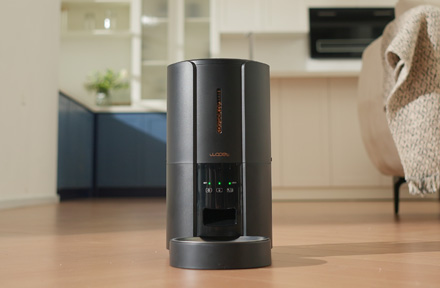
Troubleshooting Common Issues with Automatic Pet Feeders: Tips & Tricks for Pet Owners
Oct 26, 2023
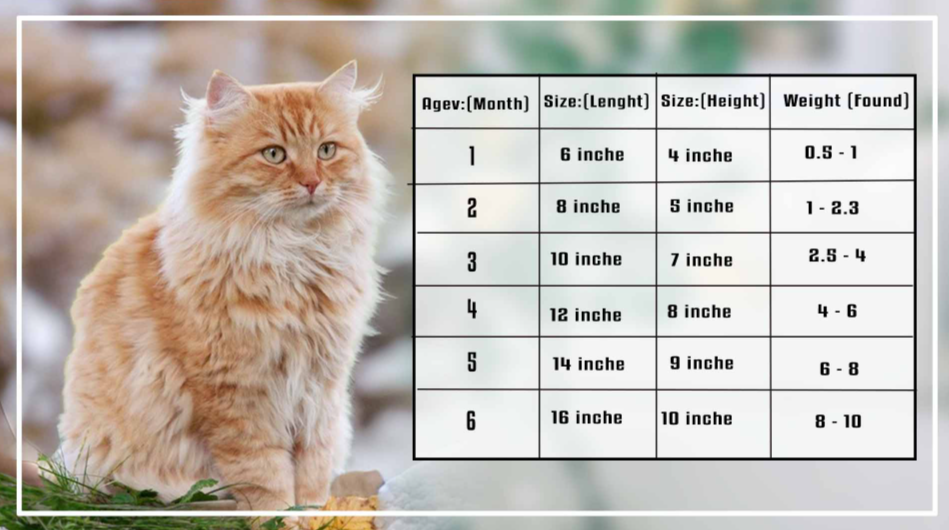
What is a standard Cat Weight chart by age Kg?
Mar 19, 2025

Why Does My Cat Cough After Drinking Water? 8 Potential Reasons
Mar 13, 2023
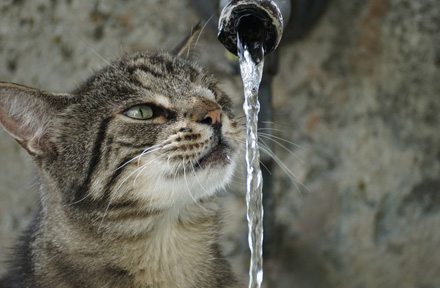
Why is My Cat Throwing up Water? Top 5 Causes Here
Feb 08, 2023
$109.99
$129.99
Copyright © 2025 WOPET. All Rights Reserved.